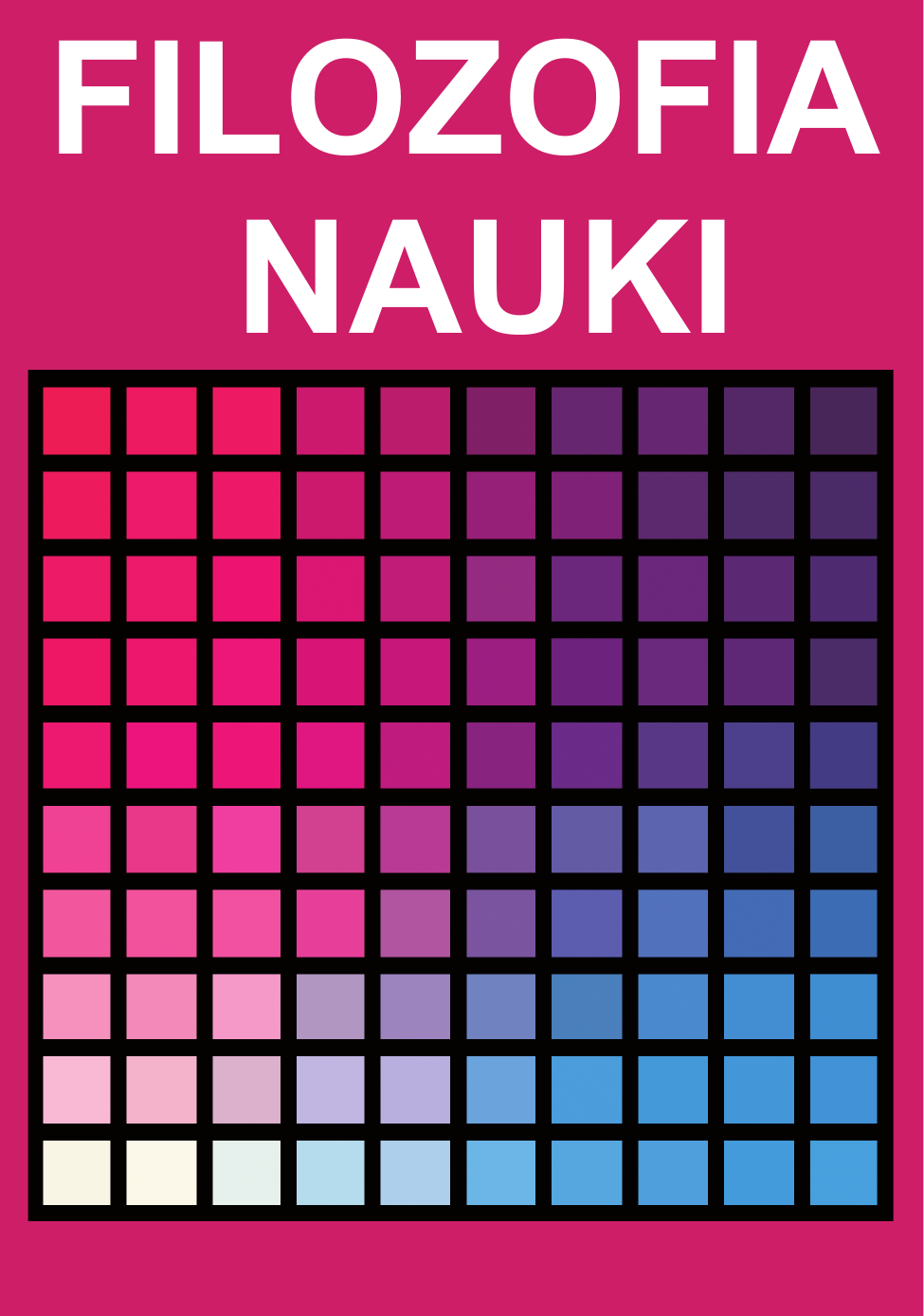Pojęcie złożoności w świetle teorii samoorganizujących się systemów
Abstrakt
During the last decade several authors (Kaufman, Casti, Kampis) have published scientific monographs as well as popular science books heralding the emergence of a new paradigm of science - the science of complexity, which promisses unification of natural sciences. This paper attempts to analyse the meaning of the concept of complexity in both everyday language and the framework of self-organizing systems theory. The paper consists of four parts. The first part discusses the main tenets of the alleged new paradigm and typical criticisms it encounters. The second part articulates the formal correctness and material adequacy conditions, that the definition of „complexity” should satisfy. The third part discusses meanings of the concept: from opposition simplicity-complexity prevalent in everyday language to self-organizing triad: perfect order-complexity-complete chaos. It also lists and critically discussed potential candidates for an adequate definition. The reasons explaining why none of the presented approaches is succesful are subsequently discussed. The conclusions analyse plausible reasons for such a state of affairs.















 Filozofia Nauki | ISSN 1230-6894 | e-ISSN 2657-5868
Filozofia Nauki | ISSN 1230-6894 | e-ISSN 2657-5868